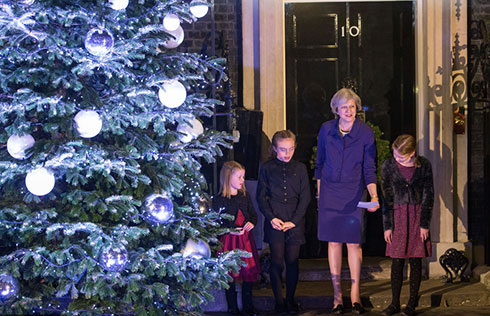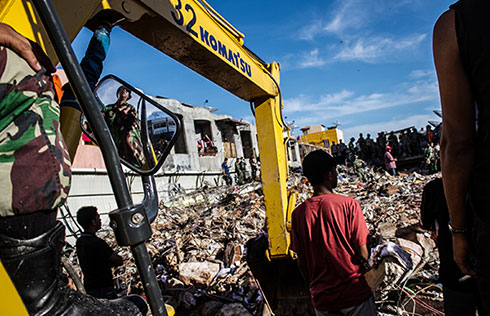Starbucks to double number of locations in China
"Over the next five years we intend to double our scale to more than 5,000 stores in over 200 cities," said Wong.
Tea is still the preferred beverage of choice in China and Wong said Starbucks' Teavana lineup of specialty teas and related products is helping to build the brand in the mainland.
"Teavana offers a modern but respectful tea experience," she said. "When coffee consumption becomes a daily ritual in China in the next few years our opportunity for growth will be unlimited," Wong said.
Mobile payments through smartphones and other devices are becoming very popular in China. To build on that development, Starbucks will accept the WeChat Pay mobile payment system for purchases at its stores in China. Consumers in China will also be able to purchase and send Starbucks gift cards and other items to friends and family using WeChat.
Consultancy firm Euromonitor estimated that Starbucks had a 73.3 percent market share in China in 2015, compared to 9.3 percent for McDonald's McCafe and Costa Coffee's 9 percent.
Howard Schultz, chairman and CEO, said at the conference that the company remains committed to achieving "a balance between profit and social impact".
Schultz, who will hand over CEO duties to President and COO Kevin Johnson in April and then become executive chairman, said Starbucks is positioned to not only survive the dynamics that are changing retailing, but also thrive in the industry's new emerging paradigm.
As a result of the huge growth in electronic and digital commerce, Schultz said it is clear that foot traffic is likely to either stagnate or slip at physical store locations for many retailers. To preserve foot traffic, retailers will need to become a destination, he added.
This trend is already emerging in mature markets like the US, noted Schultz. Starbucks will be able to withstand this shift and continue growing by expanding its premium coffee experience and embracing a robust mobile ecosystem that includes the latest technology in delivering products and service, he said.
Starbucks will "no longer rely on intercepting foot traffic but instead become a destination," he said.


















